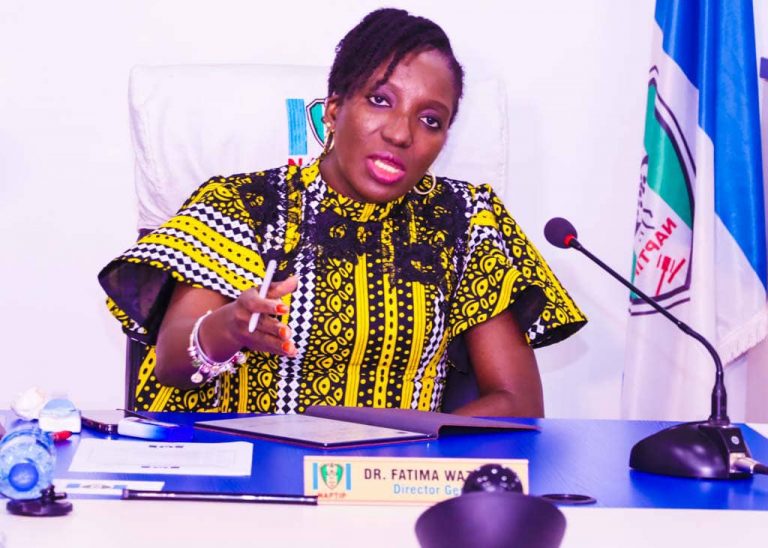
The National Agency for the Prohibition of Trafficking in Persons has listed some cultural practices as part of the factors fuelling illegal migration.
The agency has successfully rescued and received over 22,000 victims since its inception, according to the Director-General, NAPTIP, Fatima Waziri-Azi.
In its Director-General Performance Year Two Report sighted by our correspondent on Wednesday, NAPTIP noted that some cultural practices “promote overseas travel regardless of the means, complicating efforts to combat trafficking.”
It said, “Cultural and religious factors often intersect with the issue of human trafficking.
“Some sects and practices promote overseas travel regardless of the means, complicating efforts to combat trafficking.
“Counter-trafficking stakeholders face the challenging task of continuously raising awareness in communities about the risks involved in seeking opportunities abroad and the associated criminal elements.
“Furthermore, practices like fostering and the Almajiri system are sometimes exploited, leading to the exploitation of vulnerable victims.”
NAPTIP said it found that many victims of human trafficking are discouraged from pursuing justice over the fear of being stigmatised and also because the trial of the suspects often takes a long time in court.
It added: “Victims may face threats from perpetrators or other factors that discourage them from pursuing justice.
“The fear of reprisal from traffickers often dissuades victims and witnesses from testifying, making it difficult to secure convictions. This fear also affects the victims’ willingness to pursue their cases, often due to family pressure to withdraw.”
Source | Punchng










